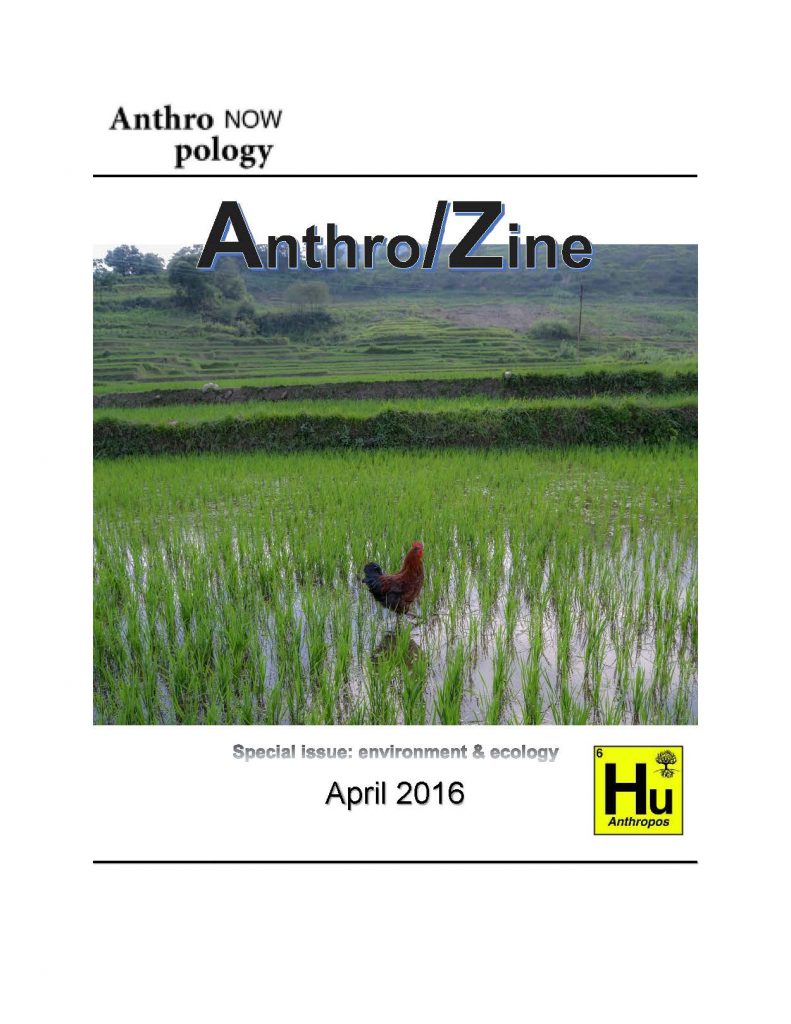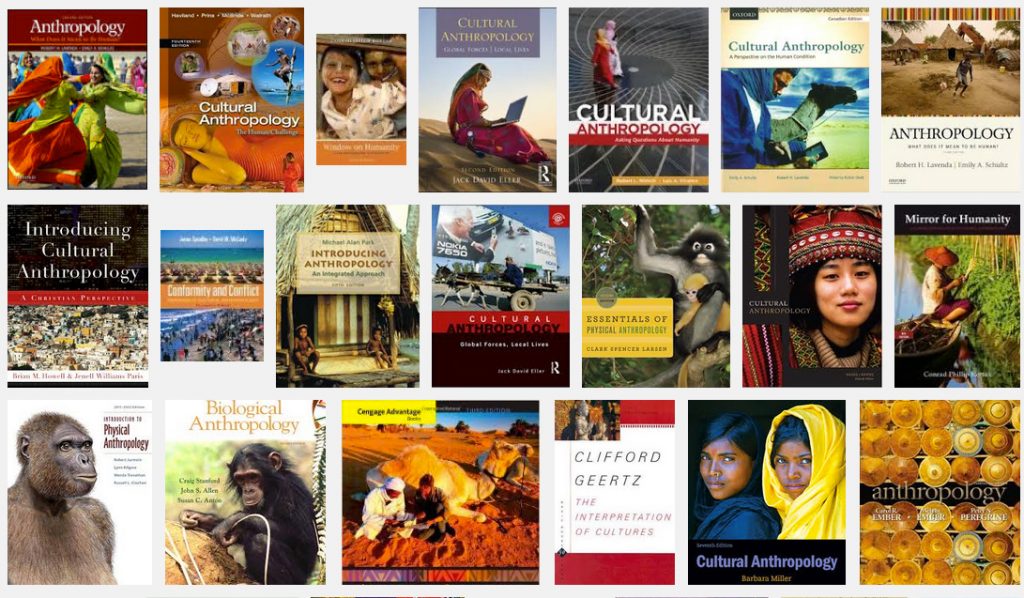Cheating is not fun for anyone, except perhaps for the student who does not get caught. At my university I have only one class I teach for non-majors, that is students from around campus who are not majoring in anthropology. It is a class in the anthropology of Tibet, and is a large, lecture class consisting of 150-250 students in any given semester. Each week I lecture twice for fifty minutes, and the students have weekly “recitation” sessions of roughly twenty-five students each where they collectively discuss that week’s readings and lectures with a graduate student Teaching Assistant (TA). This is a classic course model for a large, public university in the USA. It is a course I resisted teaching for years—so many students, I thought. How could I ever teach about Tibet to such a huge audience?—but one I have now taught five times since 2008, and that I have come to love. There is a thrilling combination of reaching an audience for whom this is likely to be the first and only class in anthropology or about Tibet for the great majority of the students. I like to think of the students taking lessons from anthropology back with them to their home majors, whether it is biology or business or neuroscience or journalism. I [optimistically] like to think of them rethinking aspects of their studies, or the world around them, with the introduction to anthropology via Tibet they have received. Of the many things I like about the course, there is one thing I do not: it is the only course in which I catch students cheating.
My initial explanation for this was due to the fact that the course was mostly non-majors. Anthropology students were more committed, less likely to cheat, I thought. Non-majors took the course as a novelty, it seemed, thinking it would be interesting but easy. Some were not amused when they found out it was not easy but actually required attending lecture and recitation, and reading, and thinking. Other students loved the class, and over the years, a number have changed their majors to anthropology after taking this class (and other ones my colleagues teach similar to this—“gateway” classes, we sometimes call them). These students, and the overwhelming majority of the students did not cheat, but instead enjoyed a semester devoted to a topic often radically different than that what they usually studied. For some students it was the only time they had written papers in their college career. Others had no idea how to study for the exam. “Its all stories,” they would say. “And do we need to know the theories?” Exactly, and yes. Welcome to anthropology. Continue reading
 Anthro/Zine | April 2016
Anthro/Zine | April 2016